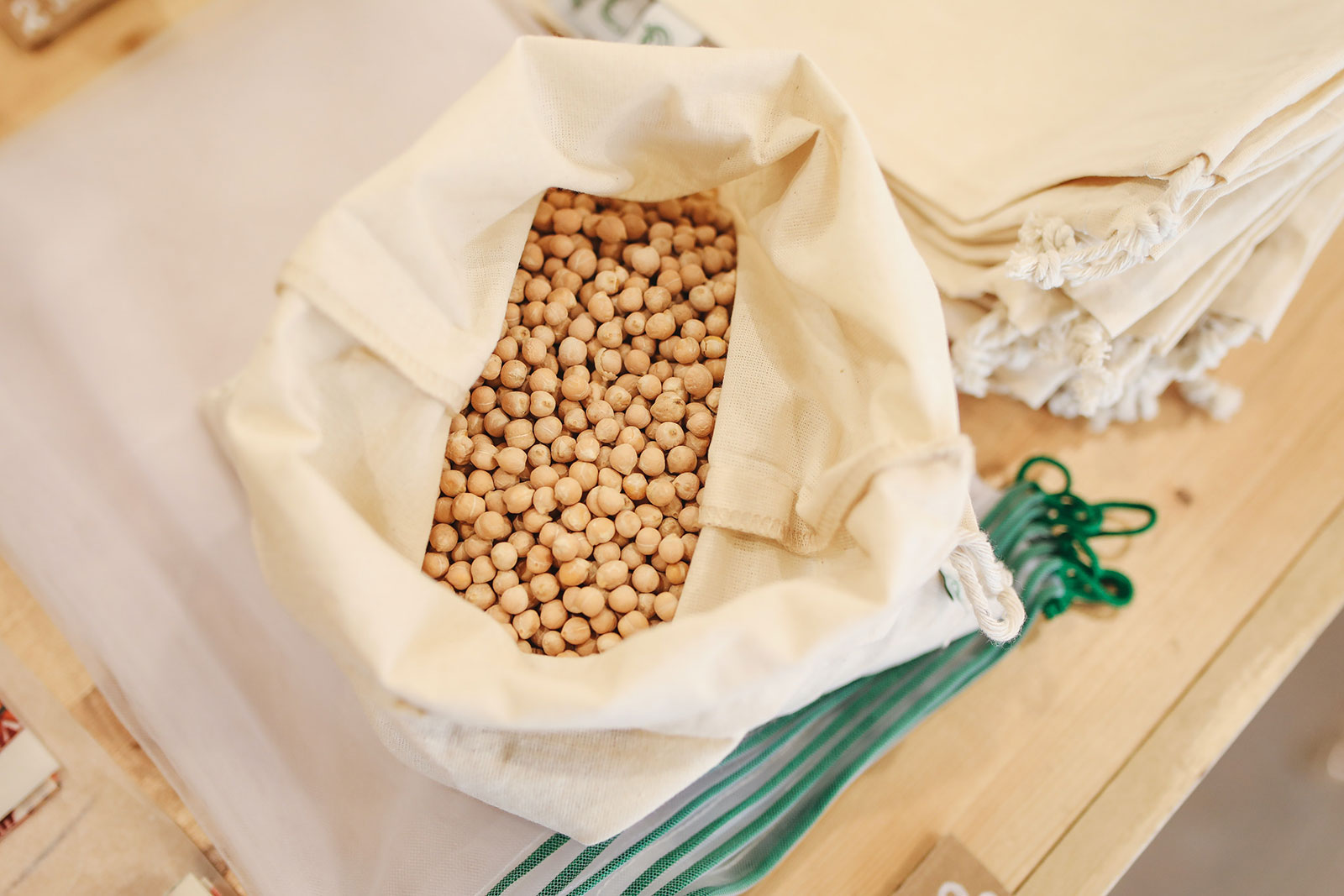The use of soy wax in the candle industry has gained popularity in recent years, with many claiming it to be an eco-friendly alternative to traditional paraffin wax. But is soy wax truly environmentally friendly? In this blog post, we will explore the environmental impact of soy wax production, its sustainability factors, and whether it lives up to its eco-friendly reputation.
What is Soy Wax?
Soy wax is a vegetable-based wax derived from soybean oil. It is produced by hydrogenating soybean oil and cooling it into a solid form. Unlike paraffin wax, derived from petroleum, soy wax is plant-based and renewable.
The Environmental Benefits of Soy Wax
One of the critical advantages of soy wax is its renewable nature. Soybeans are an environmentally sustainable crop that can be replenished through farming practices. This makes soy wax more sustainable than paraffin wax derived from fossil fuels.
In addition to its renewable nature, soy wax is also biodegradable. When soy wax candles burn, they produce minimal soot and release fewer toxins into the air than paraffin candles. This means soy wax candles have a minor environmental impact and contribute less to indoor air pollution.
Soy wax production also results in reduced carbon emissions. The process of extracting and refining soybean oil emits fewer greenhouse gases than petroleum extraction and refining for paraffin wax. Choosing soy wax over paraffin wax can help reduce carbon footprints and mitigate climate change.
Furthermore, soybean production demand in soy wax production can support local agriculture and small-scale farmers. This creates economic opportunities for farmers and helps foster sustainable farming practices.
Addressing Concerns and Criticisms
Despite its positive attributes, soy wax has its critics. One concern is the potential link between soybean farming and deforestation. It is essential to ensure that soybeans used for wax production come from responsible sources that do not contribute to deforestation or land conversion.
Another criticism concerns using genetically modified organisms (GMOs) in soybean farming. While genetically modified soybeans are commonly grown, non-GMO and organic options are also available. Consumers concerned about GMOs can choose soy wax products that are certified organic or explicitly labeled as non-GMO.
Pesticide use in soybean farming is another point of concern. To address this, consumers can seek soy wax products prioritizing sustainable and pesticide-free farming practices. Supporting companies prioritizing responsible sourcing is essential for promoting sustainable soy wax production.
Regarding packaging and waste, it is crucial to consider the product's overall sustainability. Opting for soy wax products that use eco-friendly packaging materials and support recycling initiatives can minimize waste and contribute to a more sustainable product lifecycle.
Sustainable Practices in Soy Wax Production
It is essential to support sustainable practices in its production and use:
- Choose soy wax products made from plant-based and renewable ingredients.
- Look for organic and non-GMO certifications to support responsible farming practices.
- Reuse or recycle soy wax containers to minimize waste.
- Support local and small-scale producers who prioritize sustainability.
- Consider the overall environmental impact of the entire product, including packaging and transportation.
Conclusion
Soy wax offers several environmental benefits compared to traditional paraffin wax. Its renewable nature, biodegradability, reduced carbon emissions, and support for local agriculture make it a promising alternative. However, it is crucial to be mindful of sourcing practices, potential environmental concerns, and the product's overall sustainability.
Ultimately, the eco-friendliness of soy wax depends on various factors, including responsible farming practices, packaging choices, and consumer awareness. By making informed decisions and supporting brands that prioritize sustainability, we can contribute to a greener future and enjoy the benefits of soy wax as a more environmentally friendly option for candles and wax melts.



